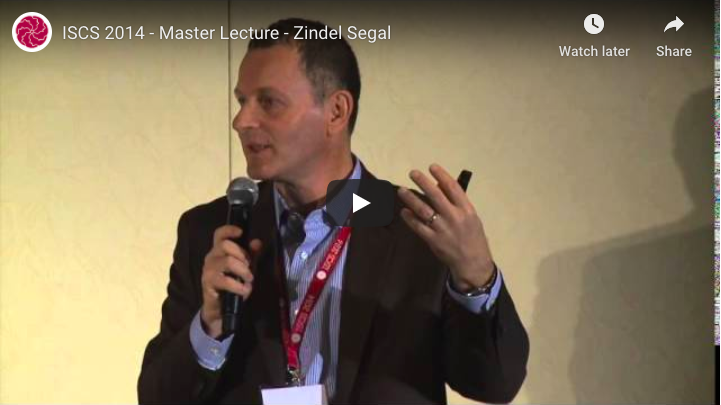Overidentification with mental contents, excessive self-reference, and ceaseless discrepancy monitoring perpetuate symptom expression in physical and mental disorders. Mindfulness meditation, among other contemplative practices, enhances access to an alternative mode of processing that is less reliant on these strategies and instead promotes effective regulation through acceptant, present-oriented, and somatically informed states of mind. In recognition of this promise, secular, structured programs designed to teach mindfulness in applied settings have proliferated, with this very dissemination being lauded as the vanguard of a revolution in health care. Unfortunately, this acclamation is premature, especially when so little is known about the mechanisms, mediators, and specificity of these interventions. For example, causal specificity of mindfulness practice and clinical benefit along with documenting the durability of effects would seem to be a necessary minimal to warrant this enthusiastic embrace. At this point in its evolution, studies testing a priori hypotheses linked to competing mechanistic accounts of mindfulness-based interventions will be particularly helpful in moving the field forward. In time, they may shed light on how exactly practice-linked momentary experiences of metacognitive insight can be transformed into enduring pathways for behavior change and compassionate self-care.

Zindel Segal, PhD
University of Toronto-Scarborough
Convening Faculty, Fellow, Planning Committee Member
Zindel Segal, PhD is Distinguished Professor of Psychology in Mood Disorders at the University of Toronto Scarborough. He pioneered the use of mindfulness meditation for promoting wellness in the area … MORE


